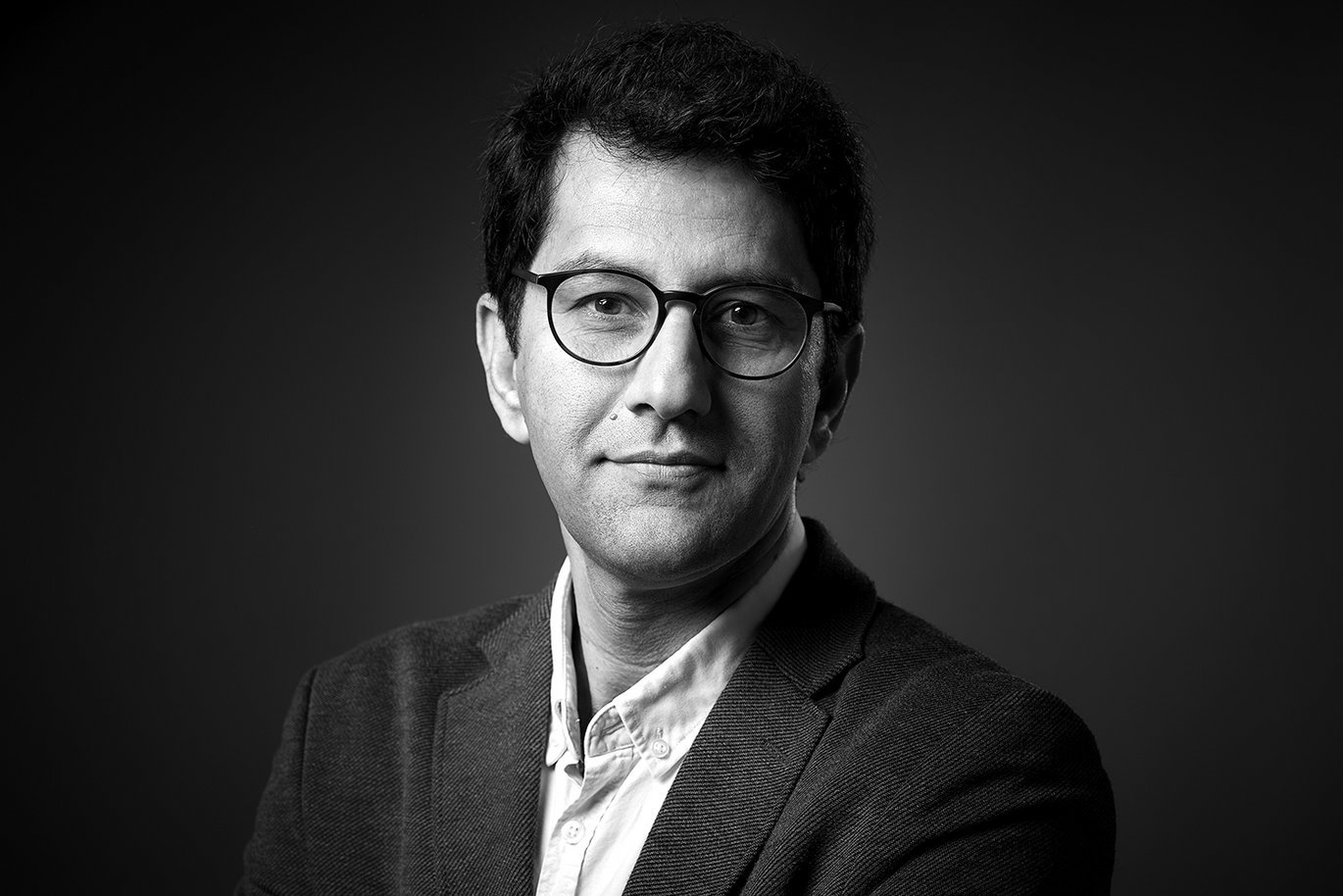New professor to develop battery-less brain-inspired brain implants
Farshad Moradi, a new professor at the Department of Electrical and Computer Engineering at Aarhus University, has been inspired by the brain in his work to develop electronic devices that can communicate with the brain on the brain’s own terms, and ideally without a battery.

The human brain is an extremely strong and complex computing system that enables us to simultaneously sense, see patterns, and process data. The brain and its way of working and processing data are exactly what inspires Farshad Moradi, a newly appointed full professor at the electronics and photonics unit at the Department of Electrical and Computer Engineering at Aarhus University.
"My great passion is to make electronic systems smarter and smaller. Part of my work is about developing a brain-inspired computer system that mimics the brain's way of processing data, while another part involves developing units with extremely low power consumption or ultimately have no need for batteries at all," says Farshad Moradi, and continues:
"Battery-less devices or devices with extremely low power consumption opens up the possibility to implant them in places where it would be difficult to change batteries, for example in the brain. Furthermore, a computer system that works in the same way as the brain will probably be better at communicating with the brain and creating meaning based on the data we acquire from the brain.
A good example of where the two parts meet is the EU-funded STARDUST project, which Farshad Moradi is coordinating on behalf of Aarhus University. The aim is to develop a tiny (0.2 x 0.2 x 0.2 mm3) wireless and implantable device that can be used in the treatment of Parkinson's disease, for example.
"With the help of optogenetics (biological techniques to control the activity of neurons or other cell types with light), for example, the unit can monitor the brain, collect data and transmit it wirelessly. Furthermore, the device can deliver and release medicine in a very specific area of the brain. What’s more, the device has no battery, but is powered by means of ultrasonic waves," says Farshad.
The first implants developed during the STARDUST project are ready and are currently being tested on mice with Parkinson's disease.
Farshad Moradi has been affiliated with Aarhus University since 2011. He took his MSc in electrical engineering at the Ferdowsi University of Mashhad in Iran, then he continued with his Ph.D. at the University of Oslo. He has also conducted research at Purdue University in the USA.
Besides the STARDUST project, Farshad Moradi is responsible for coordinating the EU project SPINAGE, and the PIPESENSE project which is supported by Innovation Fund Denmark. He is also behind ibrAIn, a centre under the Department of Electrical and Computer Engineering, which aims to explore the development of intelligent brain implants at the microscale that can interact with the brain and enable monitoring and treatment of brain diseases.
He is married and has a five-year-old daughter.
Contact
Professor Farshad Moradi
Department of Electrical and Computer Engineering, Aarhus University
Mail: moradi@ece.au.dk
Tel.: +4541893344
